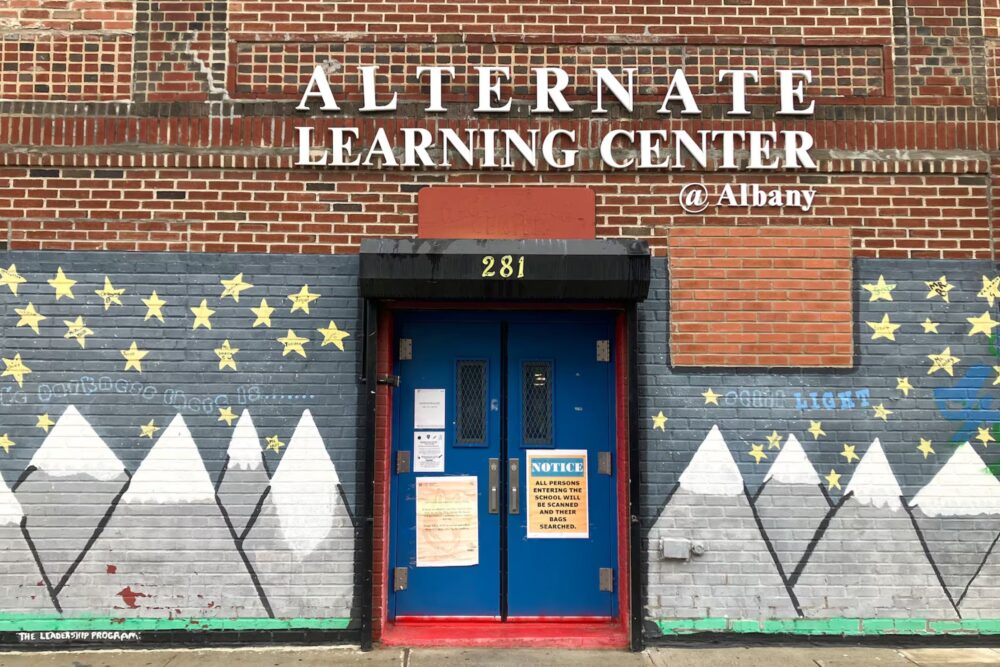Suspensions declined last year, but NYC schools issued more lengthy punishments

Chalkbeat NY | “It does feel like we’ve made inroads,” said Rohini Singh, director of the school justice project at Advocates for Children, which helps low-income families navigate the suspension process and has pushed to reduce punitive punishments. “Talking about the harm of suspensions and exclusionary discipline is not such an outrageous thing anymore.”
Many — though not all — studies show that suspensions hurt students academically, including research in New York City that found the punishments contributed to students passing fewer classes and increasing their risk of dropping out.
Singh noted that there were still troubling disparities in the suspension statistics. About 38% of suspensions went to Black students and a similar share went to students with disabilities, even as fewer than 20% of city students are Black and about 22% have a disability. Suspensions of Latino students were more in line with their share of the student population.
In representing students in suspension proceedings, Singh said some schools appeared to “overcharge” students for relatively minor fights, but acknowledged it is difficult to know exactly what is driving the trend citywide.
“There’s still more work to be done” to bring those suspension rates down, she said.